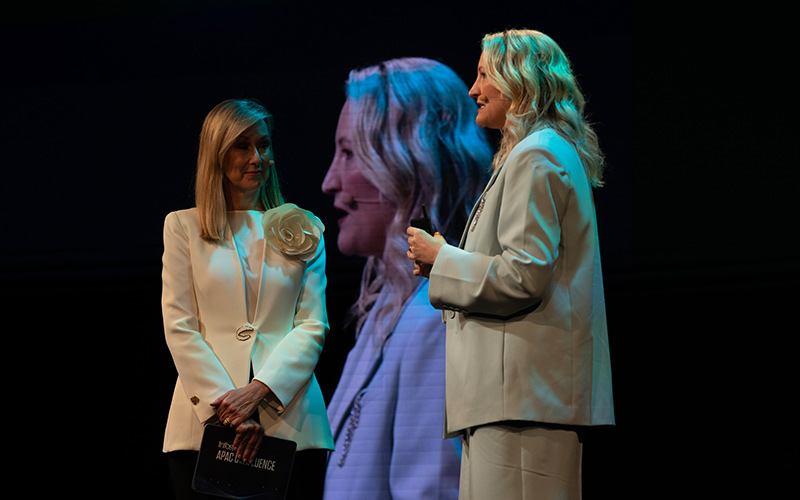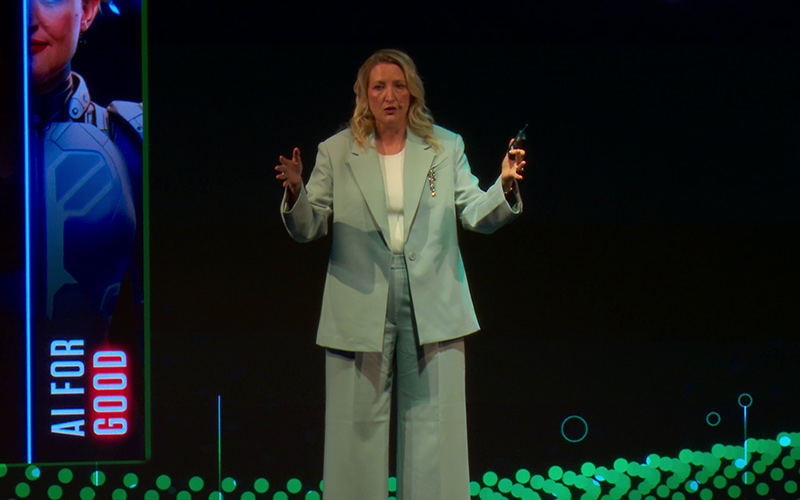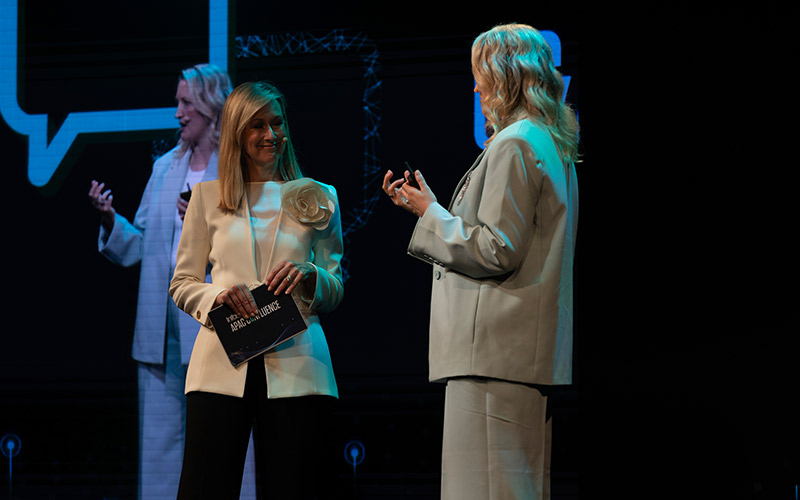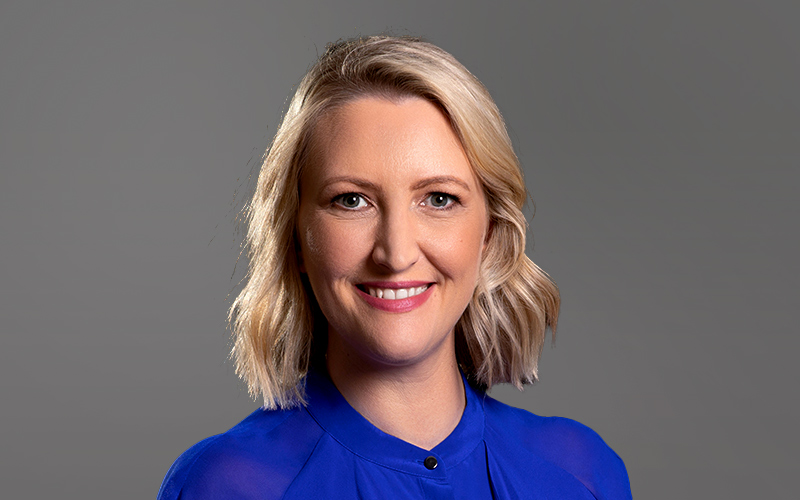
Is grief tech the next big thing in AI? Can DNA fingerprinting no longer be trusted? Will we be able to communicate with other species in a few years time?
As the chants of ‘AI will take over the world’ get louder, futurist Dr. Catherine Ball tells us why she chooses to be an AI optimist. In this thought-provoking and informative session at Infosys Confluence, Dr. Ball discusses that while humans aren’t infallible, neither is AI. But together, we can create a world that does good for its people.

Key Takeaways
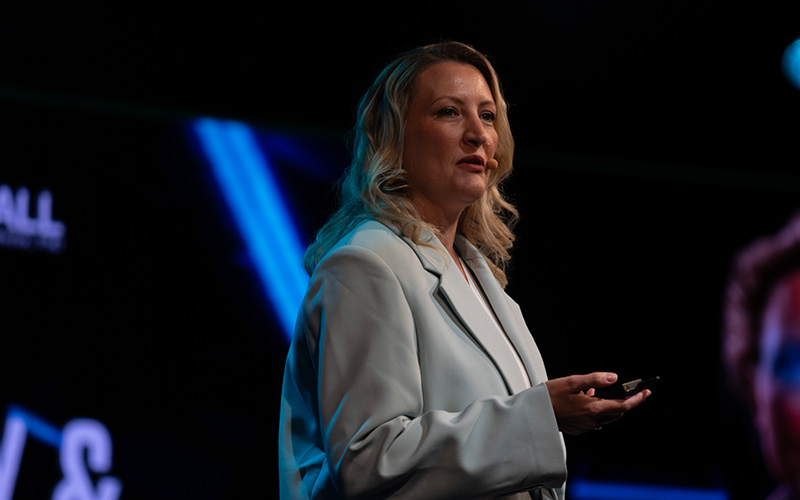
Understanding More to Do Better
From large-language models that decode animal-speak to predictive analytics to identify natural disaster risks, AI is helping us understand the world around us better with multi-modal information that is all about pattern recognition.

Balancing Risk With Opportunity
While acknowledging its potential risks, we must not forget AI's potential for positive impact, like in disaster management and the creation of new opportunities and industries. This perspective encourages embracing AI's potential benefits while mitigating its risks.
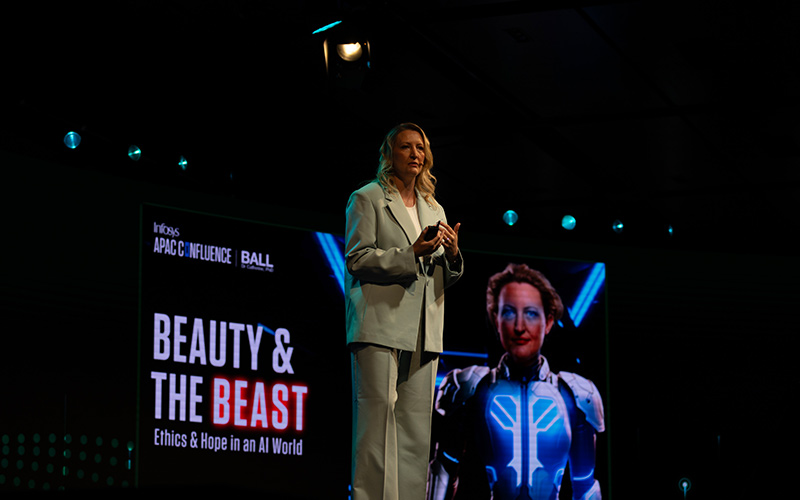
Verifying Identity Beyond Faces
In an era where AI generates synthetic content and deep fakes blur reality, the traditional systems of trust are challenged. Biological markers are a potential solution to address the uncertainty surrounding identification and verification.

AI’s Moral Compass
Human involvement is crucial in developing AI that’s aligned with societal values and ethical principles. This includes the need for human verification, maintaining analog knowledge, and ensuring accountability and transparency in AI decision-making processes.
And so there's a tech literacy piece that I talk about a lot, around how do we get ethics? Whose ethics? My ethics? Your ethics? Their ethics? Your corporate ethics? The government ethics? Which ethics are we talking about?

